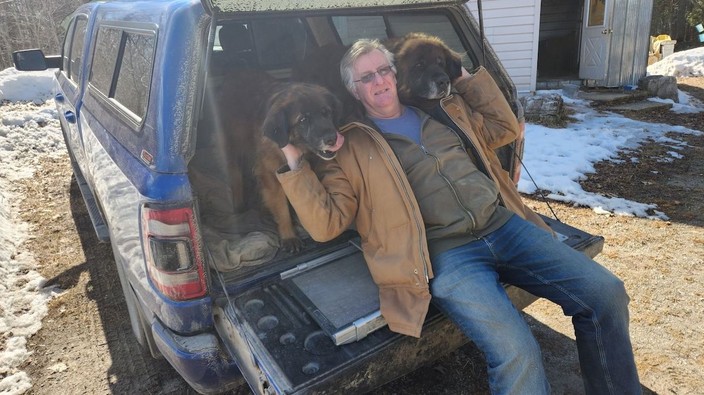what were the side-effects of the chemotherapy?
between the chemo injections and the chemo pills they give you this great big, long list [of possible side-effects]. pretty much everything possible is on it. but maybe just because of the drug combination or whatever, i had very few side-effects. i didn’t really lose any hair, which is good because both my brothers are bald.
but what i found was about two or three days after the chemo, i was just laid out with no energy. just dragged myself out of bed, dragged myself around the house. it was a struggle to make just a bowl of soup and have a bowl of soup for lunch or dinner, and that lasted for maybe a day to 36 hours. then i [would start] bouncing back.
the further i got into chemo, the lower my energy levels would go. my boss and i would go out and play men’s night golf on tuesday nights, and by the end of those nine holes i was dragging my a** to get back in the cart and i just needed to go sit down somewhere. all through last spring and summer as the chemo treatments were going on, i could get out in my yard and do a little bit, but if i overdid it, i’d get nauseated and start throwing up — so i had to be very careful.
the other thing i would get is what they call brain fog. literally could not remember anything. if i talked to somebody and made an appointment, i had to write it down as they’re giving me the date and time and then immediately put it into my phone with a reminder, because if i tried it after the phone call, i couldn’t remember the date and time or i mixed them all up. and being able to read a book? forget it. after two or three pages i couldn’t even follow the story or recall what i had read. now, i’m a lot better with the cognitive function, but i’m still mixing up words occasionally or blanking on words.
